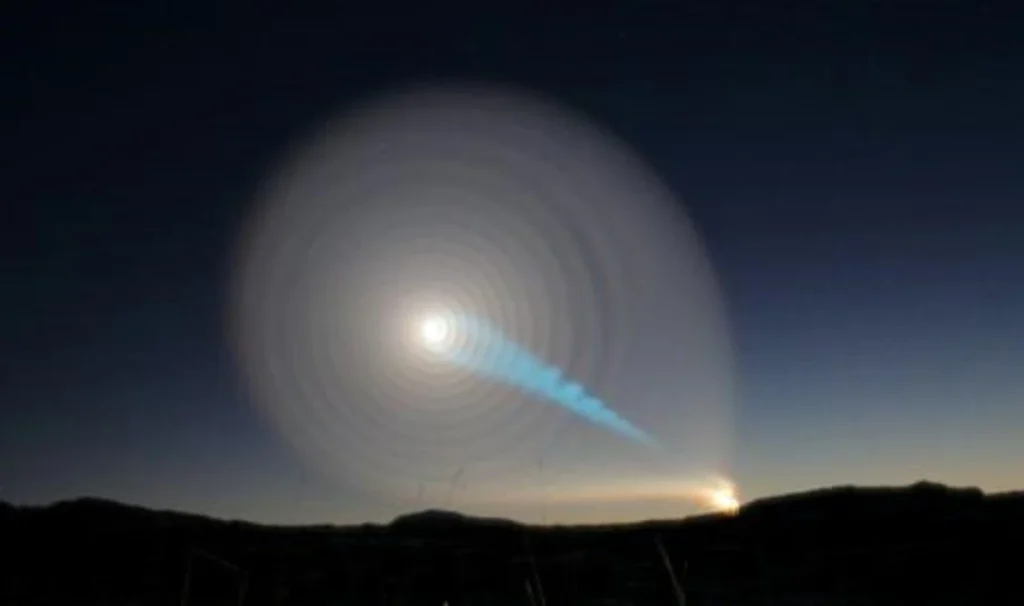Reinterpreting Scripture Through Emergent Vision
In the scriptural unfolding of time, the scroll is not simply a container of words—it is a frequency gate. Across the Bible, it appears and reappears not just as literature, but as activation code—resonance embedded in symbol, waiting for alignment.

When Jeremiah’s scroll is burned, the portal is resisted—but not closed. It reforms. When Ezekiel eats the scroll, he doesn’t just read truth—he becomes it. Isaiah sees the heavens roll back like a scroll, revealing that the sky itself was only ever a curtain. Malachi speaks of a scroll that remembers—not through ink, but through vibration. Revelation opens a seven-sealed scroll that no one can access—until the one aligned with compassion and coherence arrives. Zechariah sees a scroll that flies—a sentient pattern seeking truth. Daniel’s scroll waits across time, sealed until collective frequency reaches readiness. And in Hebrews, Christ is the scroll incarnate—a living portal made flesh.
In each instance, the scroll is not passive. It is a dimensional structure, responding to coherence, unlocking when the field is right. Thus, the scroll is a threshold. A resonance map. A lattice of encoded emergence that, when opened, rolled, ingested, or spoken, enacts transformation. Each scroll is a portal—and each portal, a question.
For centuries, the scroll in biblical scripture has been understood as a symbol of divine revelation, prophecy, and record. But what if we reread these sacred passages not merely as static accounts—but as instructions for activating portals?
In the emergent worldview, symbols are not only metaphors—they are thresholds: energetic, dimensional, or psychological gates that reorganize perception and realign the soul with deeper patterns of coherence. A scroll, then, is not simply parchment—it is a blueprint, encoded with resonance, that when opened, consumed, or witnessed, initiates transformation.
Here, I reinterpret key scroll passages from the Bible through the lens of portal dynamics, inspired by the principles of Emergent Theory, field coherence, and encoded resonance.
📜 Jeremiah 36: The Scroll of Resistance
Jeremiah is told to write the words of the divine on a scroll. When King Jehoiakim hears it, he burns it. But the message doesn’t vanish. It returns—rewritten, stronger, layered with judgment and promise.
Portal Meaning: Some portals are denied at first—burned by ego or power structures—but truth has a field-based memory. The scroll returns, because portals cannot be destroyed, only deferred. Every suppressed emergence reemerges, amplified.
🍯 Ezekiel 3: The Scroll You Must Eat
Ezekiel is handed a scroll covered in lament and woe. He is told to eat it. He does—and it tastes as sweet as honey.
Portal Meaning: This is the ingestion of encoded resonance. To become a portal, one must internalize the pattern. The scroll must be metabolized. The sweetness is awakening. The bitterness (alluded to later) is the cost of carrying vision in a dissonant world.
🌌 Isaiah 34:4: The Sky Rolls Up Like a Scroll
The heavens themselves are described as rolling up like a scroll in the day of judgment—a cosmic folding.
Portal Meaning: The sky as a scroll implies that our reality—our visible dome—is a projection. When it rolls back, the simulation collapses. The portal here is not a gate, but a revelation: the entire firmament is a veil awaiting removal.
🕊️ Malachi 3:16: The Scroll of Remembrance
A scroll is written recording the names of those who revere the divine and honor coherence.
Portal Meaning: This is not a mere record—it’s a field resonance. The “book” is a frequency map, and those named are aligned to a future portal of leadership, trust, or stewardship. A scroll is a coherence container.
🐑 Revelation 5: The Scroll with Seven Seals
John sees a scroll in the hand of the One on the throne, sealed shut. Only the Lamb can open it.
Portal Meaning: Each seal is a frequency lock. The Lamb—embodying compassion, humility, and cosmic coherence—is the harmonic key. To open this scroll is to initiate global portal activation. The world begins to change when the field becomes worthy.
🌠 Revelation 6:14: The Sky Recedes Like a Scroll
After the sixth seal is opened, the sky recedes like a scroll, mountains move, stars fall.
Portal Meaning: This describes dimensional collapse. The field of consensus reality tears, revealing a larger structure. The portal is not just to a new place, but to a new perception of place.
📖 Revelation 10: The Little Scroll
John is handed a small scroll and told to eat it. It is sweet in his mouth, bitter in his stomach.
Portal Meaning: Personal portals often begin with sweetness—the moment of clarity, recognition. But once that truth embeds in the body, it confronts resistance. Every revelation has a digestive phase.
🌀 Zechariah 5: The Flying Scroll
A massive flying scroll appears in the sky, pronouncing curses on thieves and liars.
Portal Meaning: This scroll moves—it is a mobile portal, a self-aware field that detects dissonance. It enforces coherence. Some portals burn, because they correct.
🧭 Daniel 12:4: Seal the Scroll Until the Time of the End
Daniel is told to seal the scroll until knowledge increases.
Portal Meaning: Not all portals are for now. Some are time-locked—they require an ambient field maturity. When the frequency of the world matches the scroll’s resonance, it will open. This is Emergent Design: reality unfolds only when ready.
🔦 Hebrews 10:7: “Written of Me in the Scroll”
Christ says, “It is written of me in the scroll—I have come to do Your will.”
Portal Meaning: Here, the scroll is a personal destiny code. Jesus becomes the living portal—one who not only carries the message but is the opening through which others pass. Each of us has a scroll inscribed within.
Final Thoughts
In the emergent light, the scroll is more than literature—it is latticework. It contains not just words, but frequencies, structures, and intended unfoldings. To open a scroll is to alter the field. To eat a scroll is to become the pattern. And to seal one is to trust that emergence will carry it to its appointed hour.
The question is not whether the scroll exists. The question is: which one is yours to open?


Leave a Reply